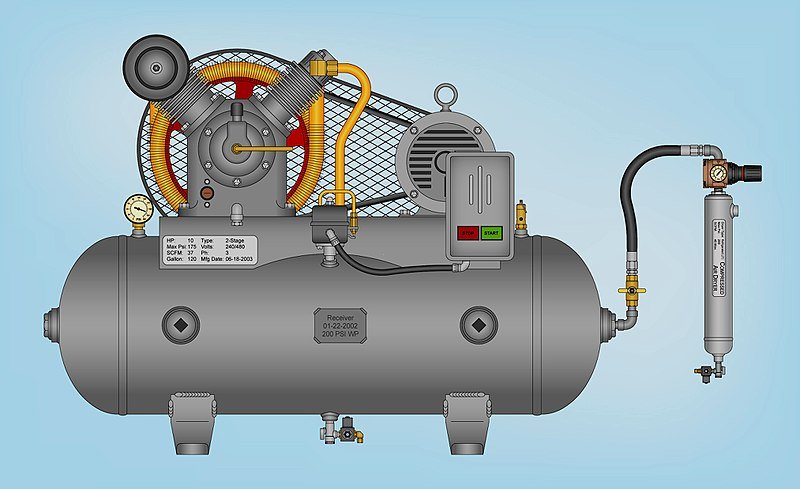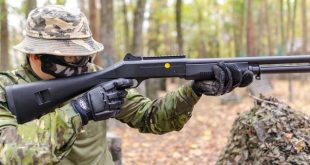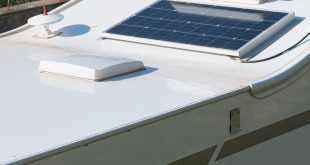Choosing an air compressor can be so overwhelming, especially since the market is crowded with thousands of options, and the air compressors power quite a number of applications. This article takes a look at some of the tips that will make choosing an air compressor as easy as pie.

Firstly, we’ll look at some of the conventional air compressor terms:
- Cubic Feet Per Minute (CXFM) – the volume of air passing through an opening in a minute.
- Pounds Per Square Inch (PSI) – the unit of measurement referring to the pressure applied on one square inch of the surface of an object.
- Preventive Maintenance (PM) – maintenance service done on the air compressor
- Load Time – the time it takes for a compressor to go from load to unload.
- Pneumatic Power – refers to compressed air power
- Shaft – the part in which energy is transmitted
- Purging – the removal of unwanted gas or liquid from a system
- Rotor – the rotating element of an air compressor
- Sole Plate– a pad which the compressor and driver are mounted.
- Decibels (dB) – the rating for the amount of noise the air compressor makes.
There’s a very long list of air compressors’ glossary terms. Understanding these jargons is the first tip when it comes to choosing a good air compressor.
What to Consider When Choosing an Air Compressor
- Determine where you intend to use the air compressor.
Air compressors can handle quite a number of tasks. They can be used in inflating tires, spray-painting your home, or even operating a factory. Knowing the application will help you know the type of compressor you need to buy. Note that there are different types of compressors, and each has a specific use.
- Determine the environment and space where you’ll be operating the air compressor.
Do you plan to use your compressor indoors for your home’s DIY projects, or in a garage, or a factory? Knowing this will help you know if you need a portable air conditioner that you can move around easily, or you need a huge air compressor that can handle loads of work for your factory.
- Determine the tank size.
The tank size is also quite important. Choose an air compressor with a larger tank space if you’re working on high-load tasks to avoid stopping every once in a while to refill your tank.
- Determine the type of power supply.
Air compressors use either gasoline or electricity. You’ll need to choose either a gas-powered compressor or one that uses electricity, or at times, both depending on the application. Gas-powered air compressors are best suited for outdoor tasks or in places where there’s no electricity.
- Determine the cost.
You don’t want to buy a compressor that’s way beyond your budget. Also, don’t assume that the most expensive is the best. Cost may vary depending on other features such as size. Smaller air compressors tend to be cheaper compared to bigger ones.
Also, remember to do some research and find out some of the air compressors available in the market. You can inquire from friends, you can window shop, and you can as well check on the Internet via this link – https://rifflenw.com/delsey-luggage-spinner-trolley-review/.
Here are a collection of air compressor manuals in case you lost your original.
 World inside pictures Collect and share the best ideas that make our life easier
World inside pictures Collect and share the best ideas that make our life easier








